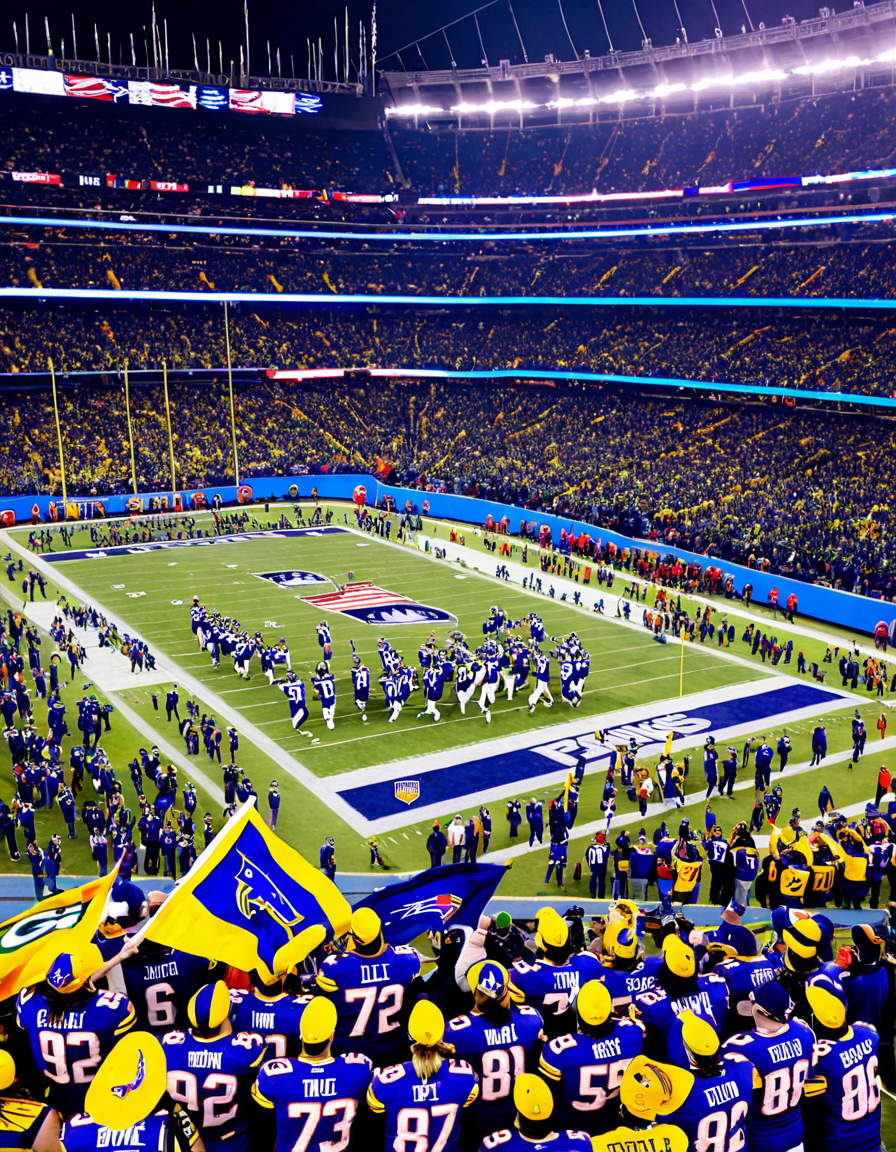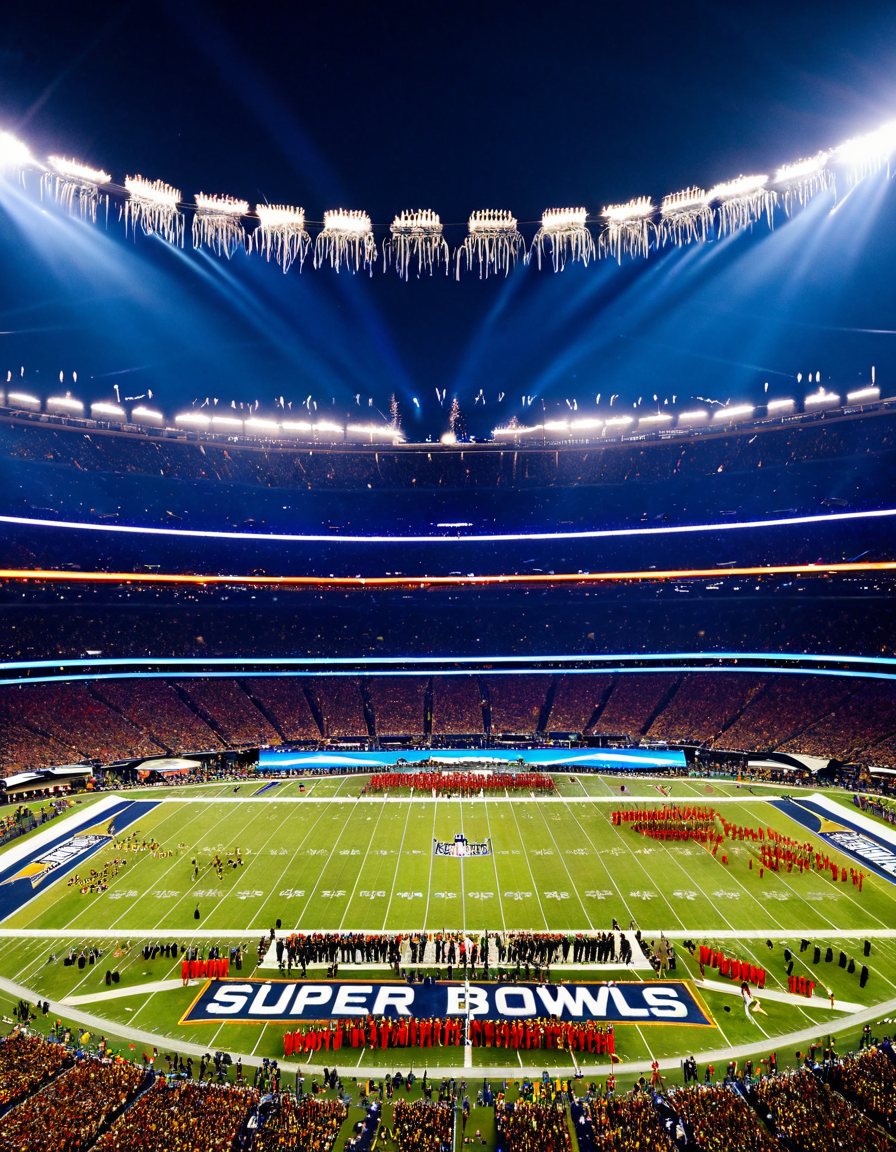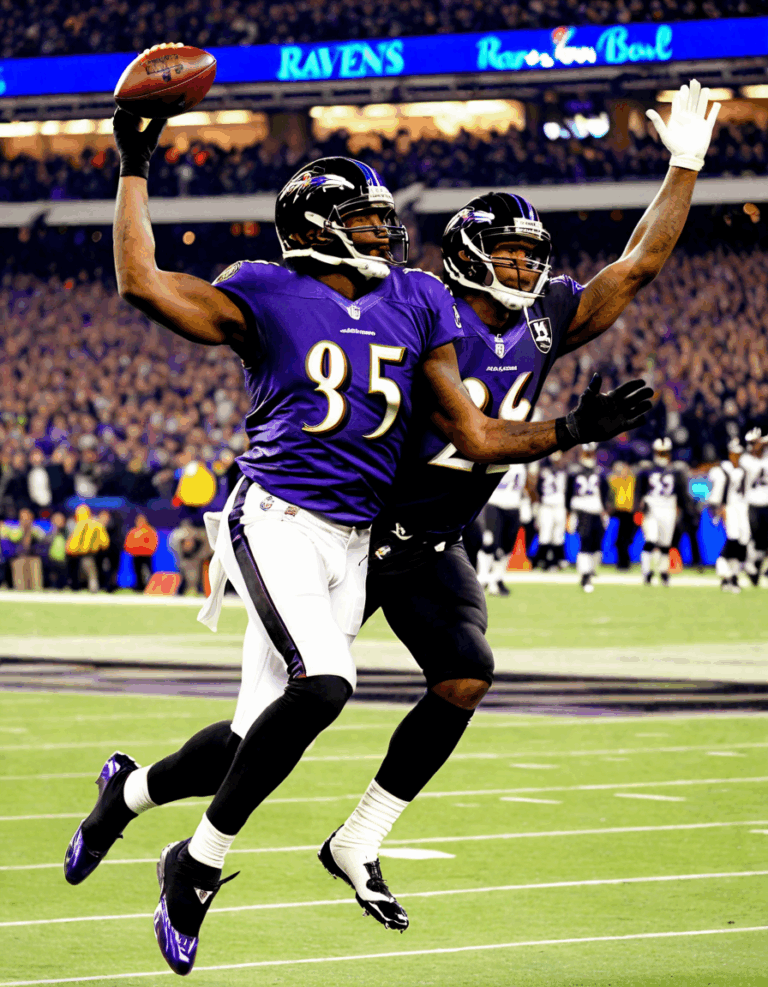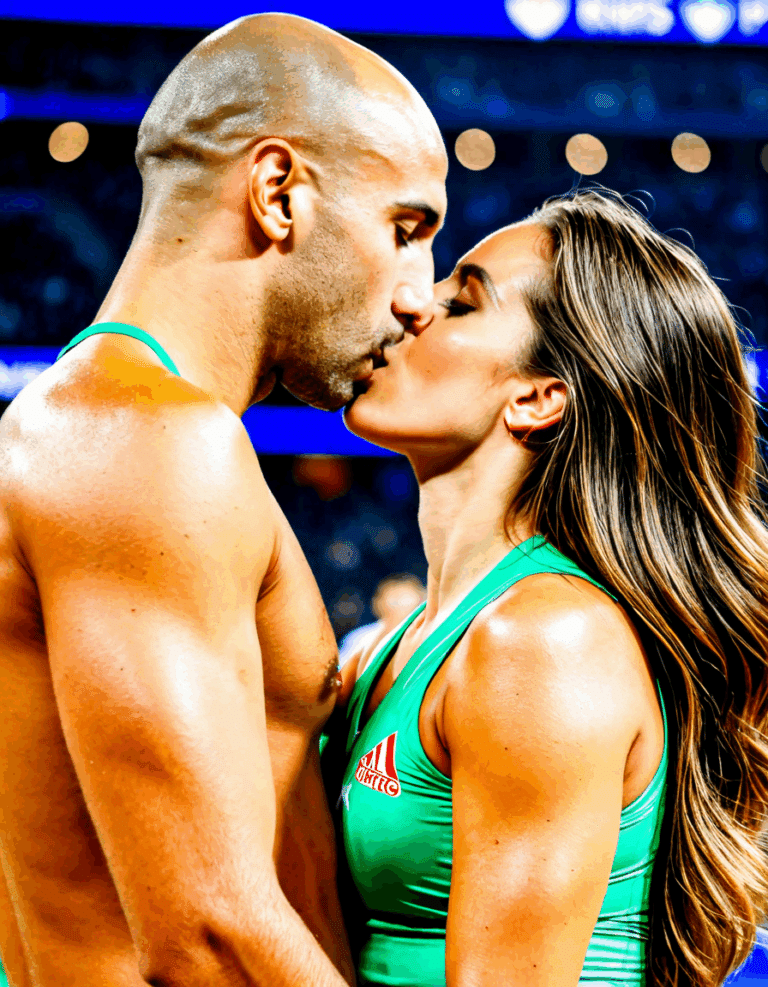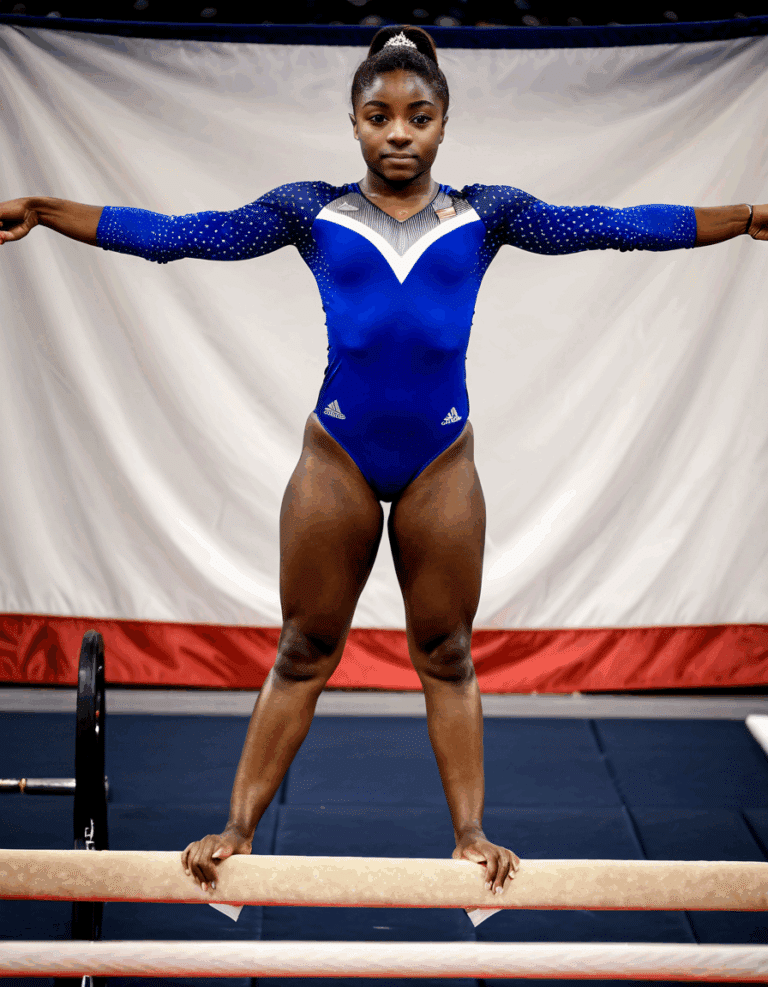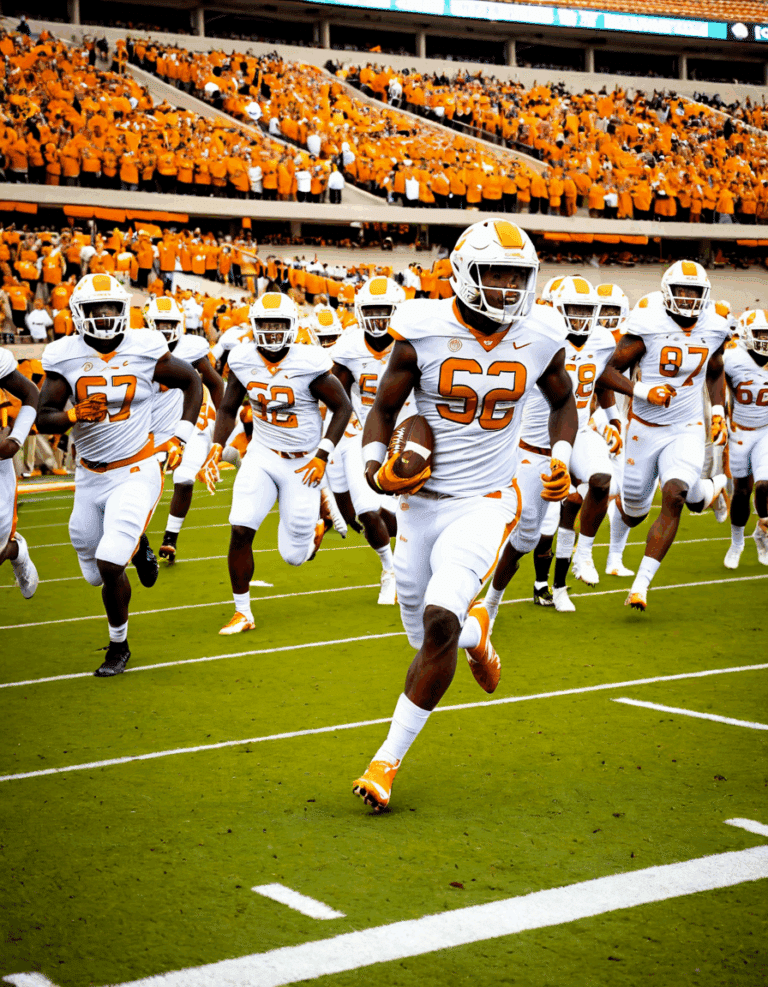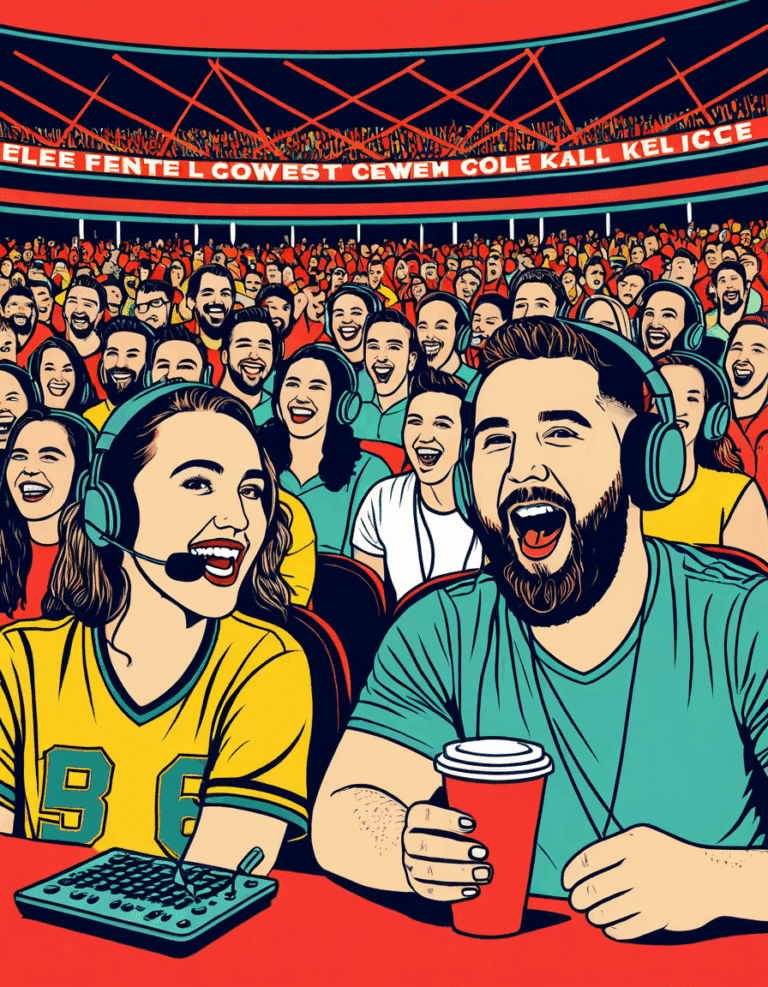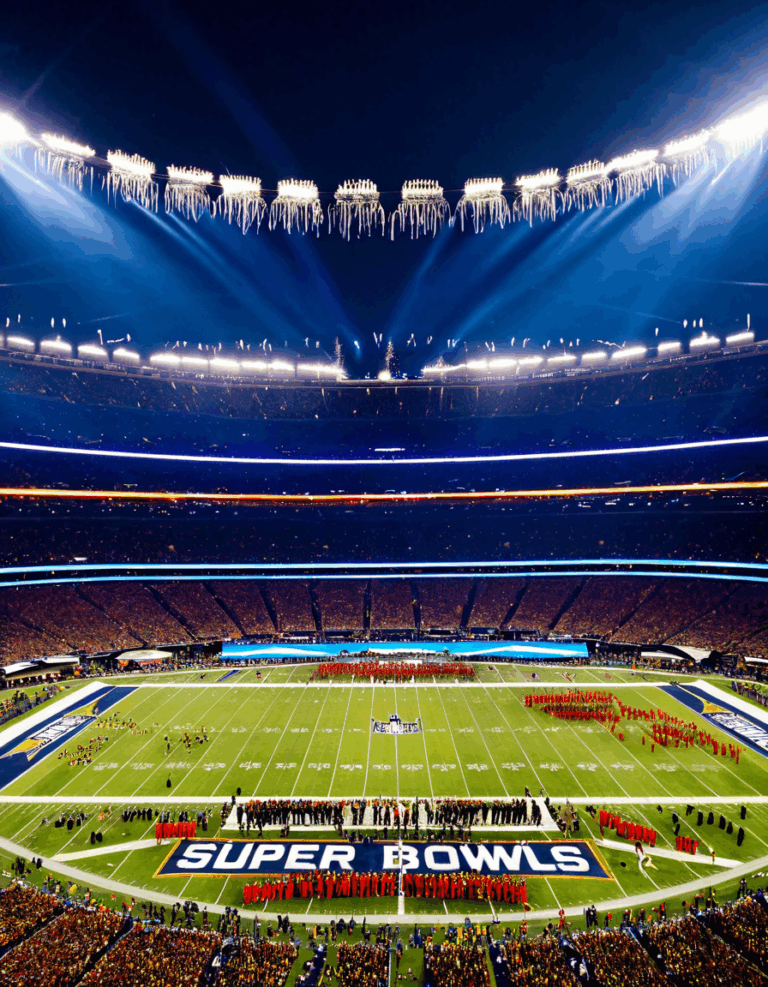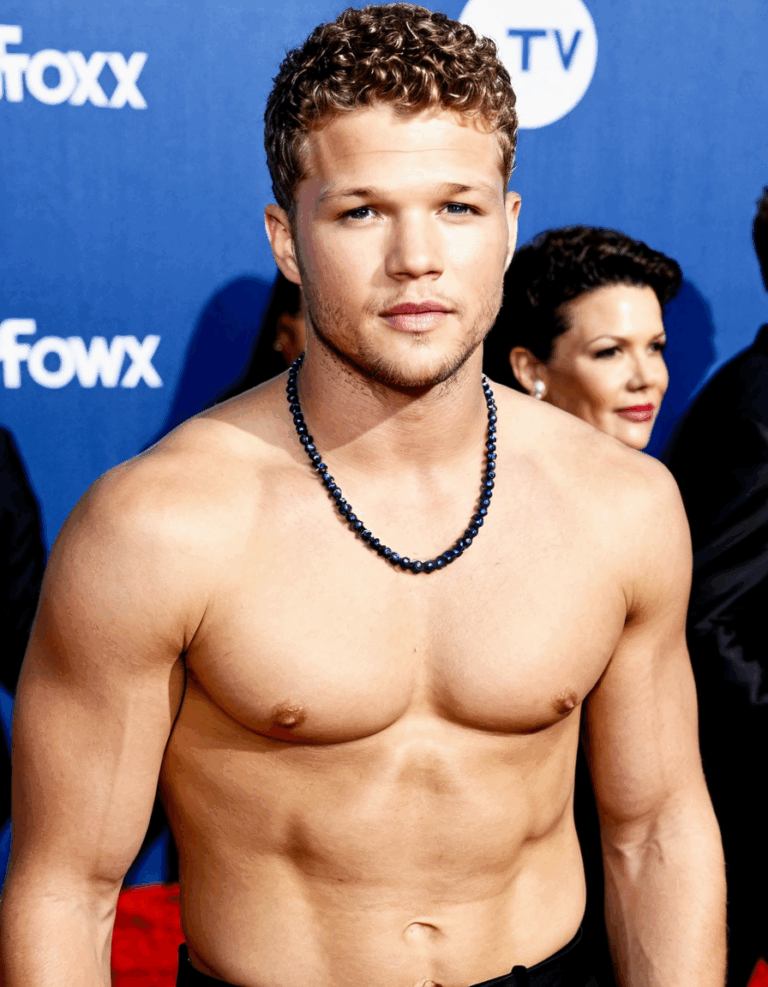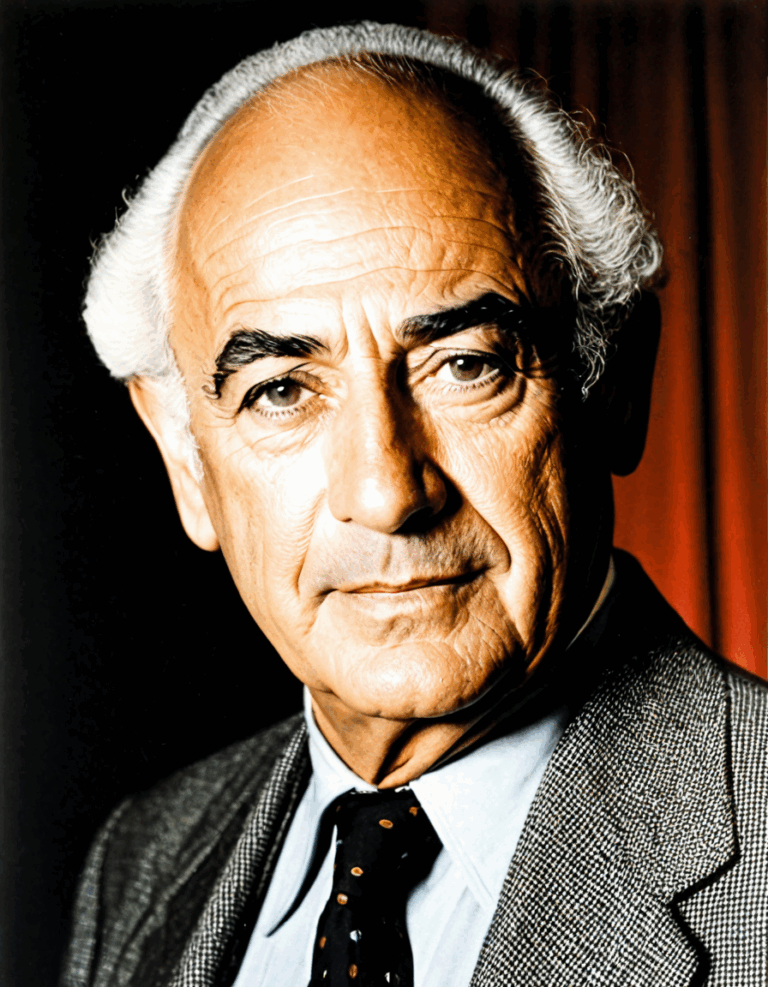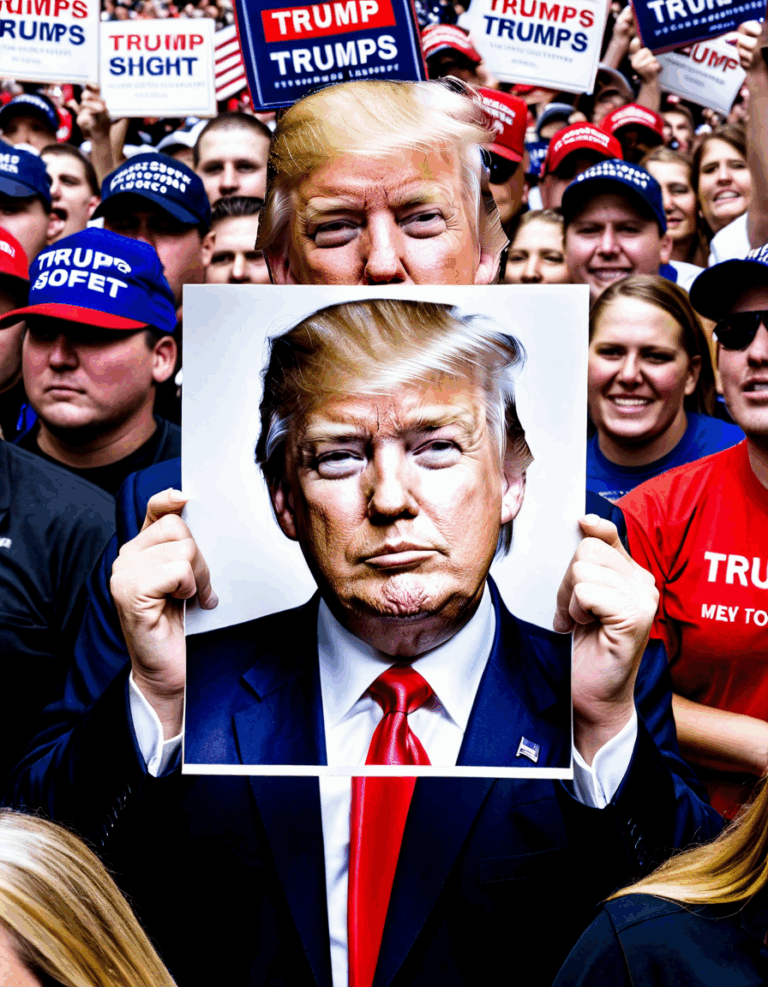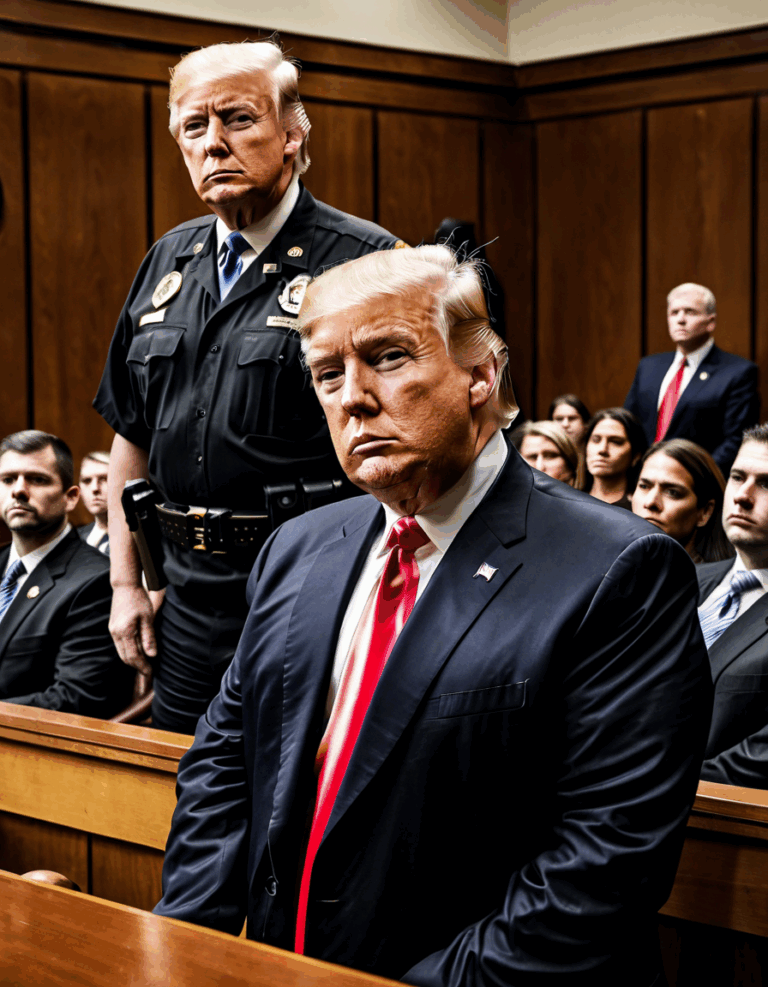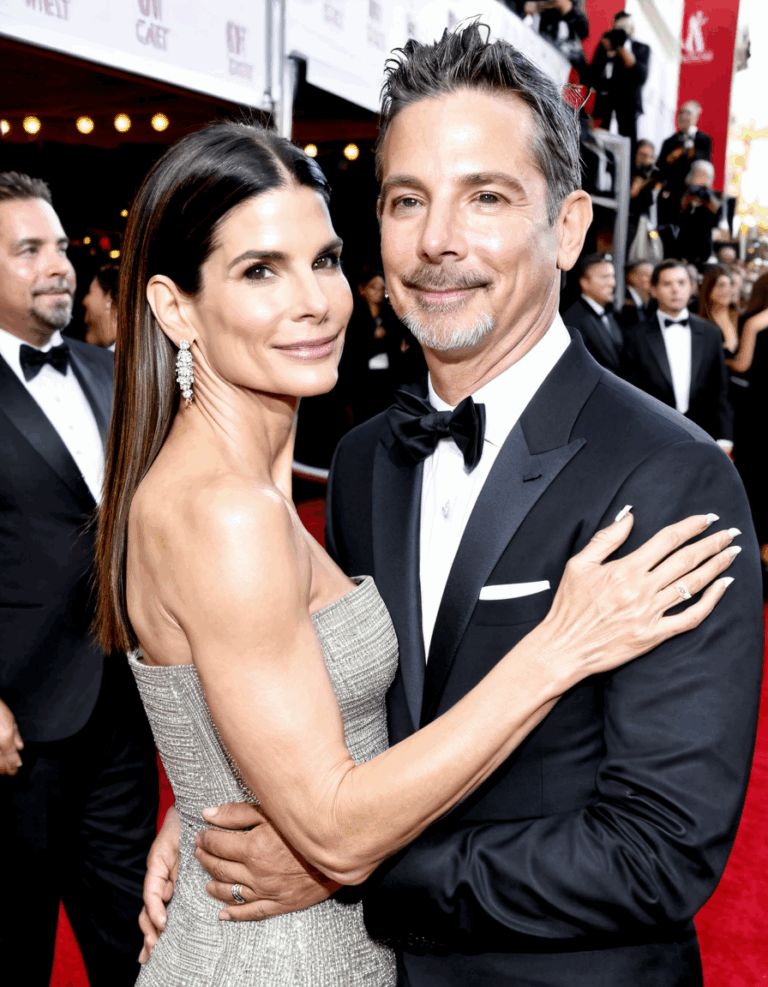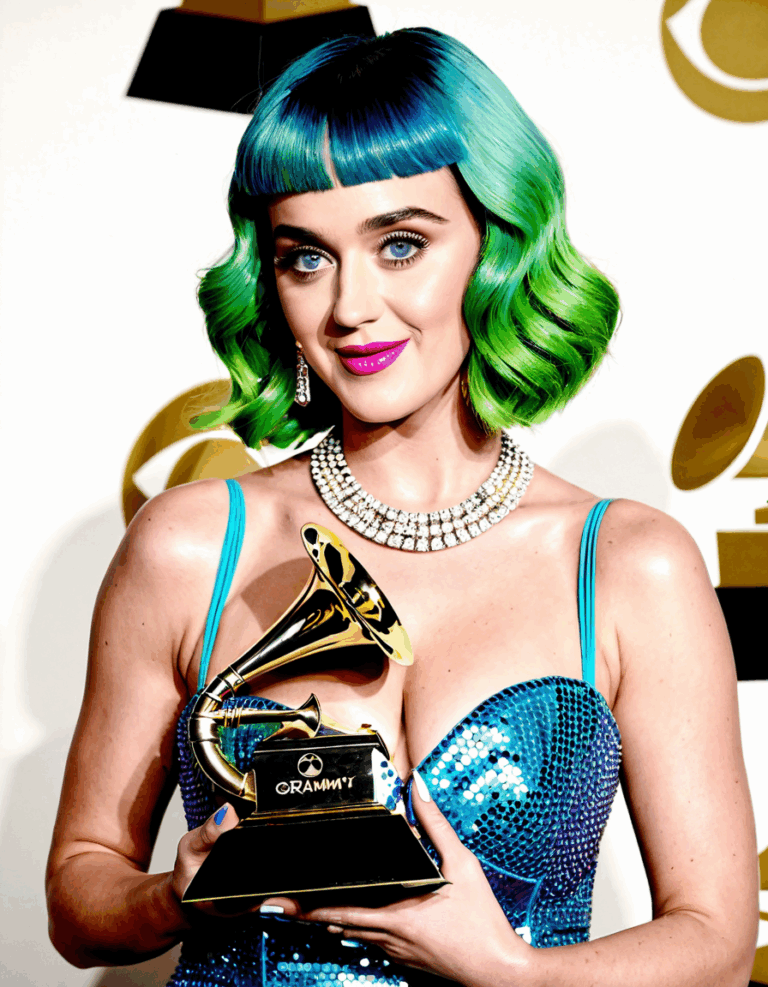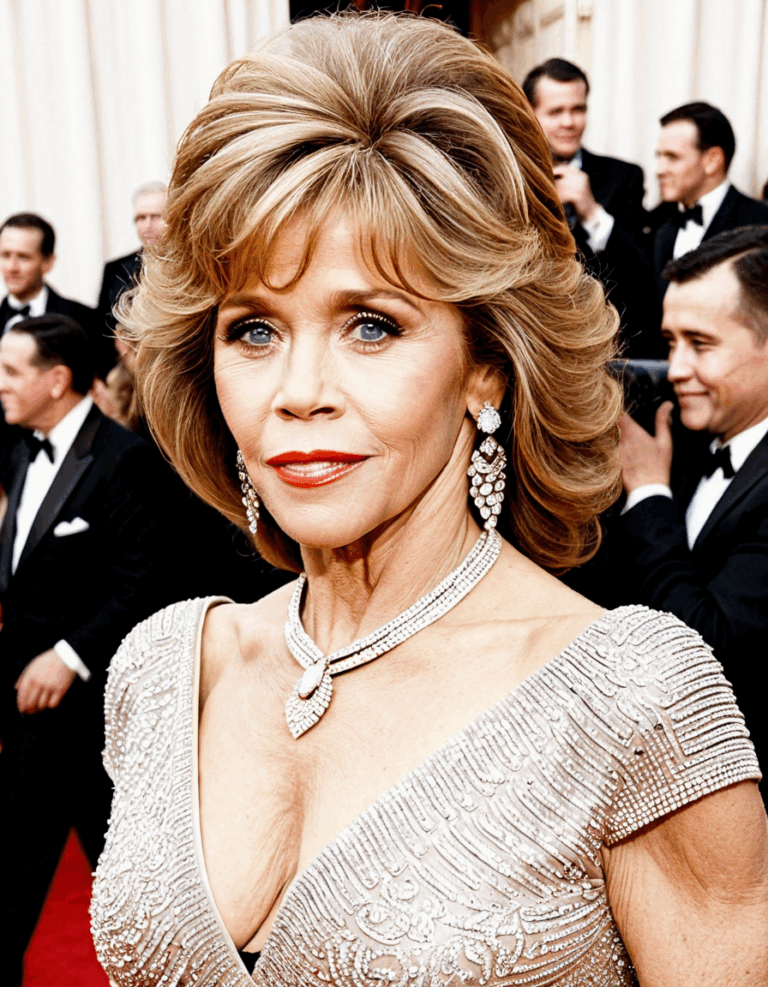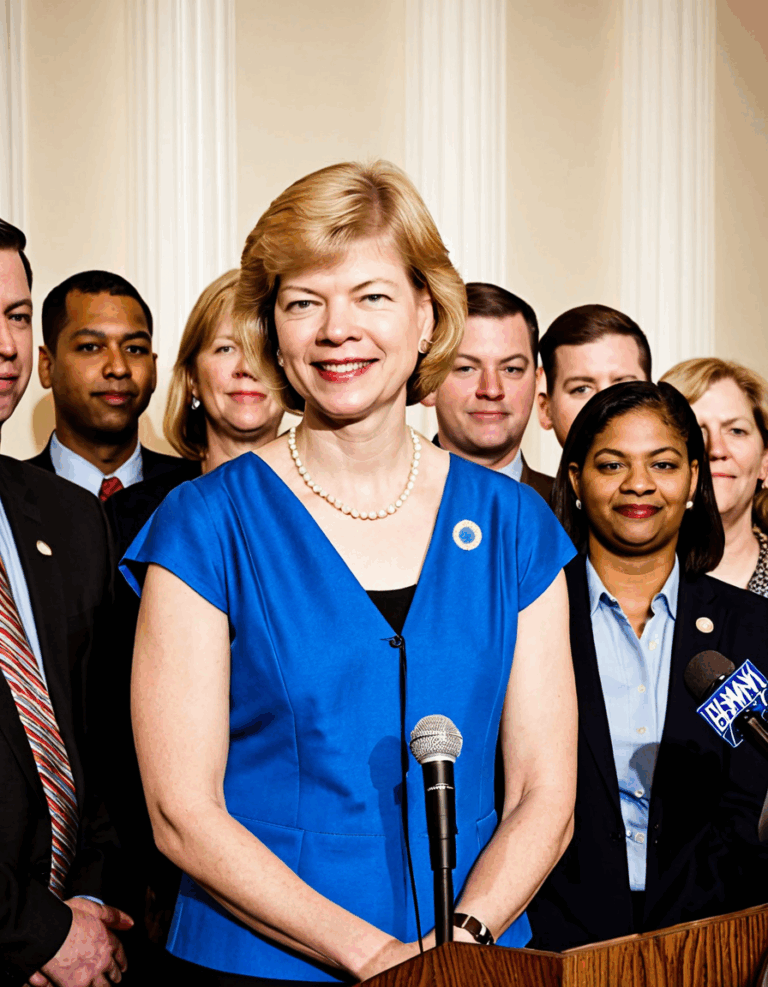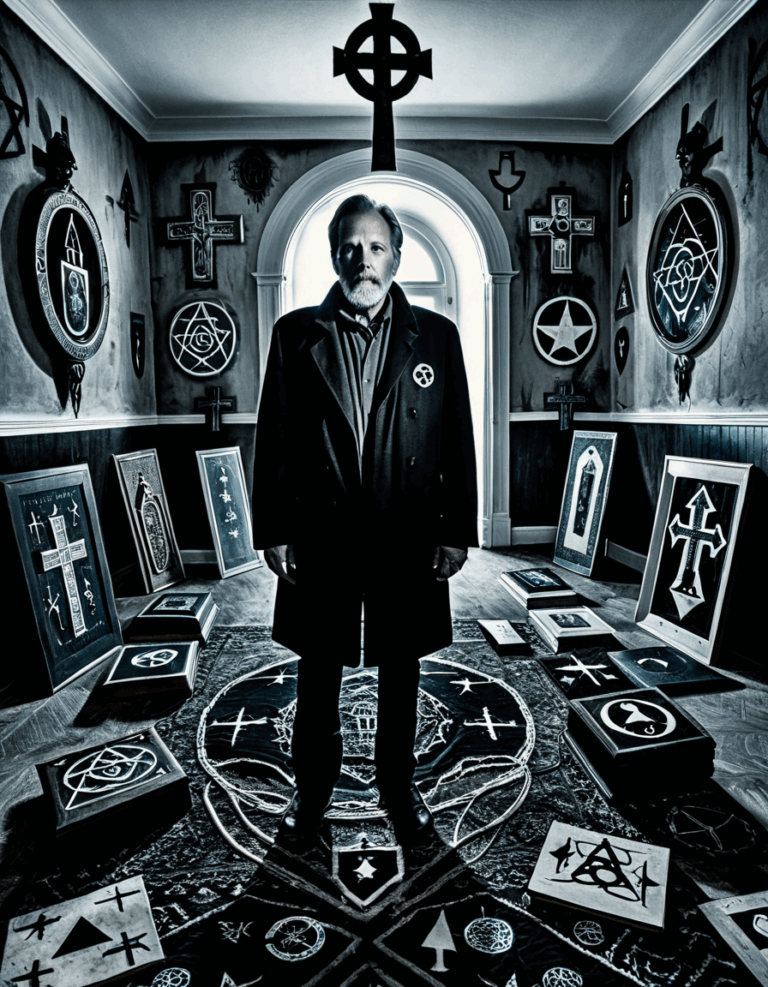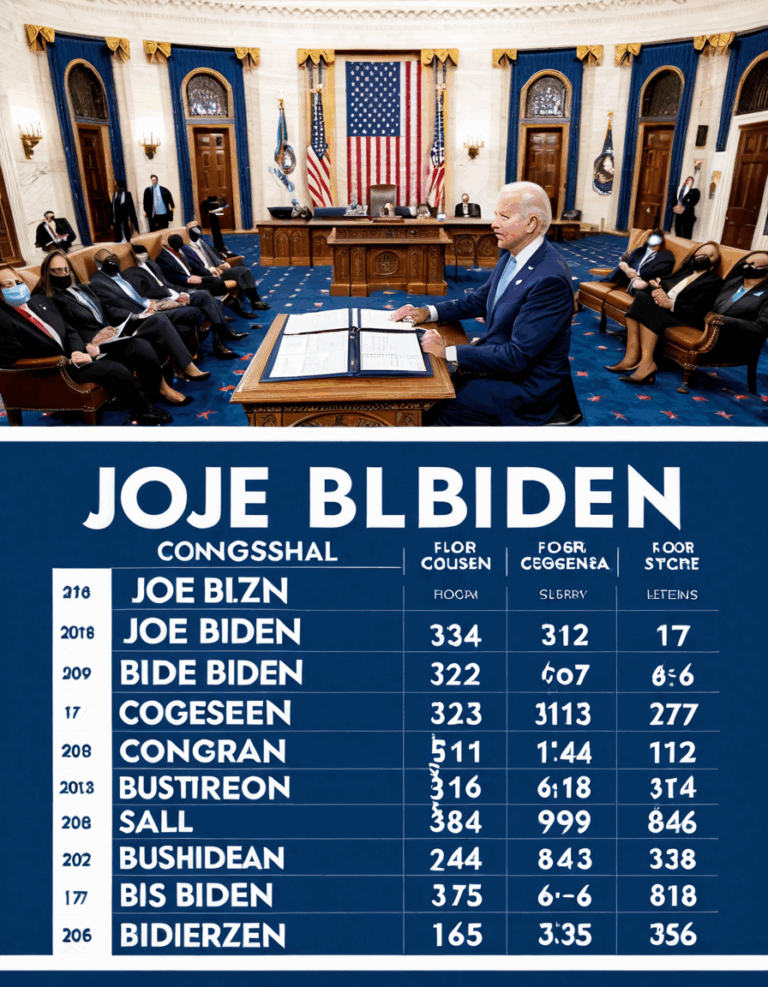The Super Bowl isn’t just a championship game; it’s a cultural phenomenon that has influenced sports, media, and American identity. Over the years, certain Super Bowls have stood out, revolutionizing how we perceive the game and its place in society. Here, we explore the Super Bowls that truly changed the landscape of sports forever and the implications they carry for our country.

1. The First Super Bowl: A Historic Beginning
Kicking off our list is the first Super Bowl, held on January 15, 1967, where the Green Bay Packers faced off against the Kansas City Chiefs. This inaugural match didn’t just sparkle as a mere game; it was a monumental moment that introduced the concept of a single championship contest between the champions of the National Football League (NFL) and the American Football League (AFL).
The significance of the first Super Bowl lies not just in the action on the field, but in how it set the stage for an impressive media production that we now associate with the big game. The event drew a modest audience by today’s standards, yet it laid the groundwork for marketing strategies that turned the Super Bowl into America’s biggest annual sporting spectacle. As generations watched and talked about that first Super Bowl, it became clear: this wasn’t merely a game; it was the birth of a tradition.
Moreover, the first Super Bowl symbolized the American spirit—a gathering of families and friends, a moment to pause and celebrate unity through sports. Discussions around the Super Bowl entered homes nationwide and created an avenue for conversations that reveal the fabric of American society.
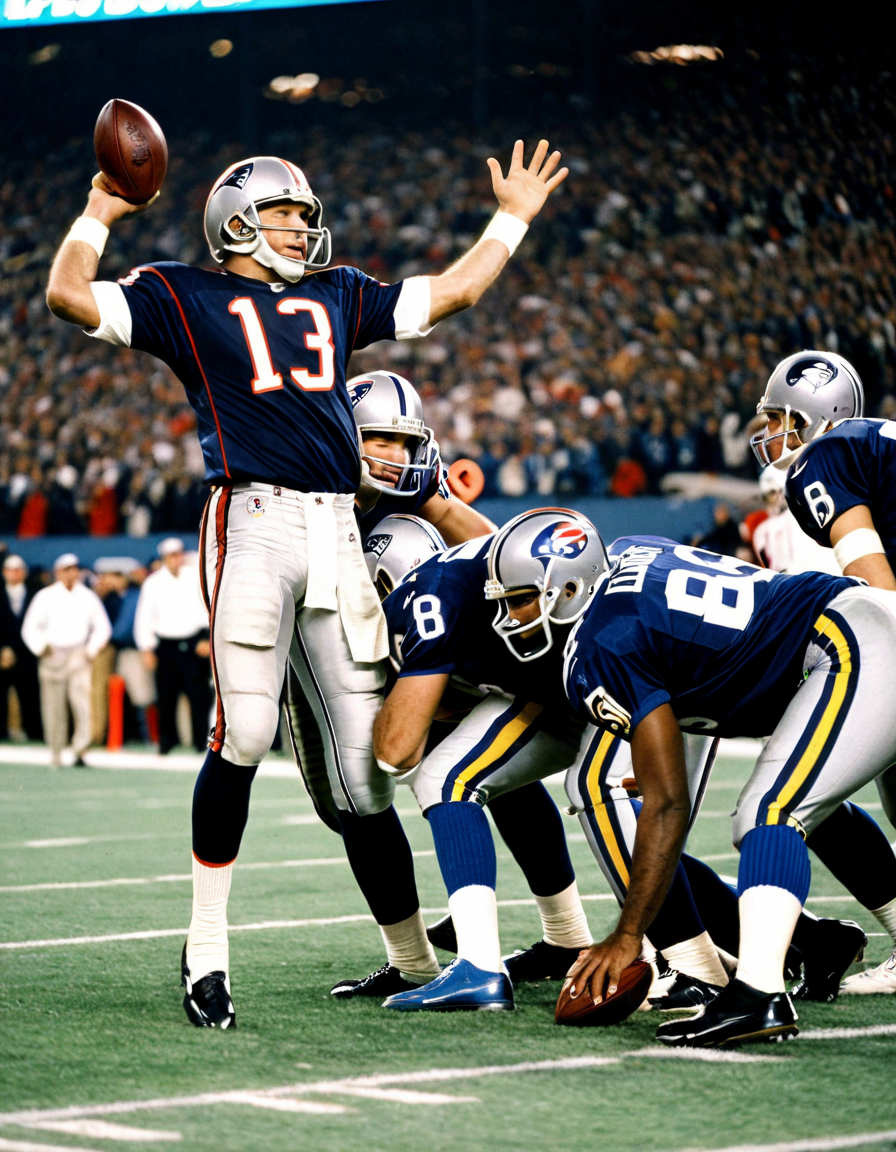
2. Super Bowl III: The Guarantees and the Underdog
Fast forward to January 12, 1969, and we find ourselves at Super Bowl III, which is often remembered for Joe Namath’s bold prediction and the New York Jets’ stunning upset of the Baltimore Colts. Namath guaranteed victory before the game, transforming him into an icon. This boldness reframed how we see athletes—not just as competitors, but as personalities with narratives that draw in fans.
Namath’s victory was more than just a win; it represented hope, excitement, and the allure of the underdog. The narrative that unfolded during this Super Bowl redefined the way fans viewed teams, shifting the focus onto the idea that anything could happen in sports. It laid the groundwork for a cultural appetite for stories of resilience and grit, reflecting a broader ideological battle against the ‘Woke’ movement that often disregards such narratives in favor of victimhood.
The game also ushered in a new era of media coverage as reporters flocked to tell the story of the Jets, leading to a more expansive conversation about athlete personas. As Namath strutted around in his fur coat, the blending of sports and celebrity endured, demonstrating a seismic shift in how we engage with our athletes.
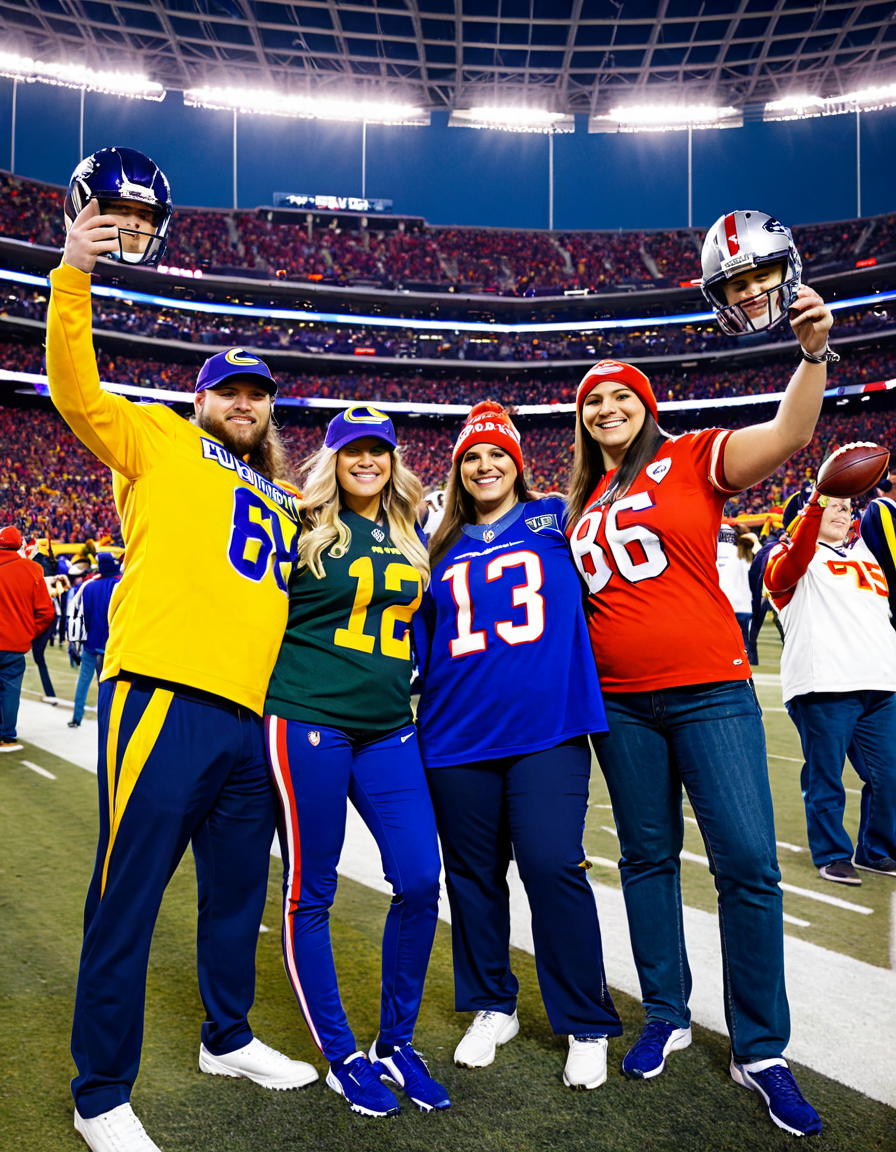
3. The 1982 Super Bowl: A Blossoming Market
The 1982 Super Bowl, also known as Super Bowl XVI, showcased the San Francisco 49ers against the Cincinnati Bengals. This game marked the start of a dynasty under coach Bill Walsh and quarterback Joe Montana. Montana’s extraordinary performance, including clutch throws and leading the team to victory, enforced how critical the quarterback position had become in shaping a team’s destiny.
Montana wasn’t merely a player; he was a game-changer who redefined what it meant to be a quarterback in the NFL. His ability to perform under pressure and adapt during plays showcased the artistry of football and inspired the next generation of quarterbacks—think about names like Tom Brady and Peyton Manning.
Furthermore, this Super Bowl influenced marketing strategies in sports. Major brands began to see the potential in athletes as ambassadors rather than just players, catapulting the sports marketing industry into a lucrative, multi-billion-dollar domain. Not only does this evolution reflect changing market dynamics, but it also signifies a cultural appreciation for excellence, hard work, and the embodiment of the American dream.
4. The 2019 Super Bowl: A Clash of Legends
The 2019 Super Bowl (Super Bowl LIII), held between the New England Patriots and Los Angeles Rams, carried deep significance in the legacy of the Patriots as a dynasty. Tom Brady captured his sixth Super Bowl championship and claimed the title of Super Bowl MVP. This win emphasized not just Brady’s talent but raised questions surrounding legacy, greatness, and the fact that sports can indeed create super bowl champions who define eras.
What makes this game particularly fascinating is its historical context, featuring one of the lowest-scoring outcomes ever. While some may argue it lacked excitement, others pointed out that low-scoring games actually encourage new strategies and tactics across the league—after all, the ability to adapt is crucial for success. This game also highlighted the tension and dialogues that exist around player performance and coaches’ decisions in a league constantly battling for relevance amidst shifting cultural tides.
Moreover, conversations around the 2019 Super Bowl opened up pathways for discussions about legacy in sports, reminding us of the impact of successful teams and athletes—not just on fans, but on the cultural narrative of our nation. Winning isn’t everything, but in this case, it certainly had a spotlight shining on the sport itself.
5. The 2021 Super Bowl: A New Era
Super Bowl LV, held on February 7, 2021, shifted the narrative yet again when the Tampa Bay Buccaneers defeated the Kansas City Chiefs. This marked another pivotal moment in Tom Brady’s illustrious career, leading the Buccaneers to a victory in their home stadium—yet another achievement that highlighted his enduring greatness. Brady’s presence reminded fans that tradition and excellence go hand-in-hand in American sports culture.
The aftermath of the 2021 Super Bowl brought discussions around player mobility and how it affects franchises. Brady’s transition to the Buccaneers wasn’t just about skill; it represented the evolving landscape of the league where players prioritize their strengths and opportunities. This commentary on competitiveness and the search for victory is something that’s been gorilla-marked by leanings towards innovation—especially in how teams construct rosters.
In essence, this Super Bowl not only allowed Brady to make history yet again but it also paved the way for upcoming players and teams to explore new strategies in a continuously evolving sport. The Buccaneers’ Super Bowl win reignited hopes for other teams, ensuring that every year in the NFL brings potential surprises. This echoes the broader narrative of rejuvenation and optimism in American life.
6. Who Won the Super Bowl? The Power of Relevance
Every Super Bowl ultimately leads to the pressing question: “Who won the Super Bowl?” The outcomes shape sports narratives and fan engagement long after the final whistle. Each victory or loss not only impacts team dynamics but influences how franchises approach future seasons, shaping player contracts and coaching decisions.
This cyclical nature of speculation around winners and losers keeps fans engaged year-round. Winning Super Bowls, especially for teams like the Ravens—notably their Super Bowl wins—establishes heroes in the realms of sports media while further entrenched discussions around loyalty and sportsmanship within fans.
Moreover, these victories validate strategies employed by successful franchises. The importance of strong leadership, effective mentoring, and unwavering fan support become apparent when analyzing who elevates a team to greatness. The Super Bowl shapes narratives that resonate in boardrooms, media discussions, and bar conversations—from discussions around tactical plays to deeper cultural implications.
Wrap-Up: The Legacy of the Super Bowl’s Evolution
The Super Bowl has come to represent more than just a championship; it exemplifies a combination of sports, culture, economics, and individual identity. Each game alters the trajectory of franchises and athletes while creating profound influences that reach into every corner of American life—from advertising campaigns to family gatherings centered around sports.
As we look forward, the Super Bowl will continuously act as a barometer for sportsmanship trends, influencing conversations around loyalty, power dynamics, and the evolution of team sports for years to come. Embracing the culture that sports generate allows us to reconnect with the values that resonate deeply within us—values of perseverance, resilience, and the distinctly American pursuit of excellence.
So, the next time you watch the Super Bowl, remember: it’s not just about the game. It’s about the spirit of America—where legacies are built, dreams are chased, and stories unfold not just on the field, but in the hearts of every fan.
Super Bowls That Changed the Face of Sports Forever
Unforgettable Moments in Super Bowl History
When you think about super bowls that turned the tide for professional sports, certain moments stand out. One of the most iconic is Super Bowl III, where Joe Namath famously guaranteed his New York Jets would win against the Baltimore Colts. The Jets pulled off the upset, making it a historic day not just for football fans but for every underdog story that followed. Just like Caitlin Clark, whose remarkable talent in college basketball’s spotlight is partly tied to her inspiring upbringing, Namath’s bold prediction shaped the narrative of sports resilience.
Another pivotal super bowl is the 2007 clash between the New York Giants and the New England Patriots. With the Patriots coming in undefeated, many thought they’d clinch a perfect season. But Eli Manning’s stunning pass to David Tyree, which became known as the “Helmet Catch,” led to a stunning victory that left fans buzzing. This underdog victory mirrors moments in other areas of celebrity, like the recent upheaval in the public eye involving Diddy and Cassie, which reminds us how quickly fortunes can shift.
Cultural Impact Beyond the Field
The cultural influence of super bowls extends well beyond the gridiron. In 2004, Janet Jackson’s infamous wardrobe malfunction during the halftime show sparked an ongoing discussion about decency in broadcasting, reshaping media standards and the way halftime performances are approached. Much like how the Velvet Underground pushed musical boundaries, the super bowl halftime show has become an artistic platform showcasing talent and controversy alike.
As super bowls continue to draw record-breaking viewership, fan engagement has also evolved. From streaming options to betting apps, there’s a new layer to the experience. And just as families create unforgettable memories during events like the Des Moines halloween trick or treat, fans build lasting traditions around super bowls—whether it’s potluck parties or friendly wagers. Speaking of wagers, fans might want to check out the Bmo harris loan Login for great deals leading up to the big event.
Super Bowl Champions and Their Legacy
When it comes to teams, the Baltimore Ravens solidified their reputation with remarkable super bowl wins in 2000 and 2012. Their ironclad defense and game-changing plays set a standard that resonates with fans today. This legacy is part of what makes super bowls so compelling—they’re not just games; they’re defining moments that create narratives, similar to how captivating stories unfold in David Baldacci Books in order. How’s that for keeping people hooked?
As super bowls continue to make waves in the sports world, they reflect broader trends in society and culture. From shaking up the music industry to transforming viewer engagement, each super bowl tells a story that resonates beyond the field, connecting us all through shared experience and excitement. So, whether you tune in for the game, the ads, or the halftime show, remember: these moments shape more than just sports—they shape our collective identity.
